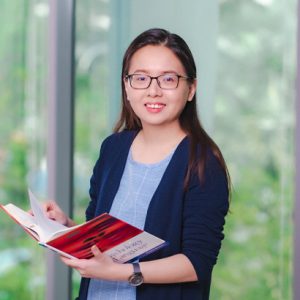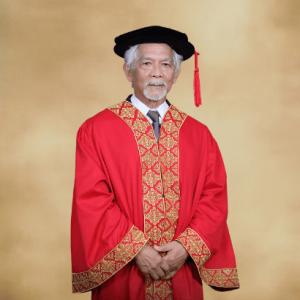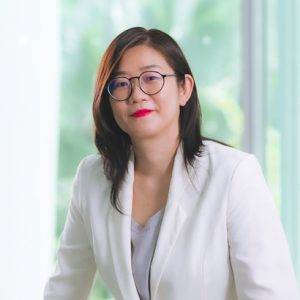In an era where technology is rapidly reshaping education, Alexius Cheang Weng Onn conducted a highly insightful and practical workshop for the IMU School of Psychology and Social Sciences (SOPSS) faculty on “Using Artificial Intelligence (AI) for Teaching & Learning”. Held on 14 August 2024 in an engaging, hands-on format, the session provided faculty members with the knowledge and tools to incorporate AI into their teaching practices, significantly enhancing the learning experience for students.
The focus of the workshop was on the practical application of AI in the educational context, specifically highlighting the use of Co-pilot and Gemini. Mr Alexius meticulously guided the participants through these innovative tools, demonstrating how they can be seamlessly integrated into lesson plans to create more interactive, personalised, and efficient teaching methods.

Alexius began the session with a compelling introduction to the role of AI in modern education. He discussed the transformative potential of AI technologies in classrooms, emphasizing how they can not only support educators in lesson planning but also in providing tailored learning experiences for students. With AI tools like Co-pilot and Gemini, educators can automate routine tasks, assess student progress in real-time, and adapt content to meet individual learning needs.
One of the workshop’s highlights was the deep dive into Co-pilot and Gemini—two AI-powered tools designed to enhance educational delivery. Mr Alexius explained that Co-pilot is an AI assistant that can help educators develop course materials, create interactive assignments, and even offer real-time suggestions during live lectures. This tool allows educators to focus more on student engagement rather than administrative tasks.
Gemini, on the other hand, is a comprehensive platform that integrates multiple AI functionalities tailored for education. Mr. Alexius demonstrated how Gemini can be used to analyse student data, predict learning outcomes, and provide personalised learning pathways. This tool also facilitates collaborative learning environments, enabling students to work together more effectively, even in virtual settings.
A Hands-on Approach Workshop
A key aspect of the workshop was its hands-on approach. Faculty members were not merely passive listeners; they actively engaged with the AI tools, exploring their capabilities through guided exercises. The faculty members experimented with creating lesson plans, generating quizzes, and analyzing student data using these tools. The interactive format of the workshop ensured that every participant could gain a clear understanding of how to leverage AI to enhance their teaching strategies. This experiential learning approach fostered a collaborative atmosphere where faculty members could share their ideas and insights.
The workshop concluded with a reflection session, where participants shared their experiences and discussed how they plan to integrate AI into their courses.
Participants' Feedback
The feedback was overwhelmingly positive, with many faculty members expressing enthusiasm about the potential of AI to revolutionise their teaching. They appreciated the practical nature of the workshop, noting that it equipped them with actionable skills they could immediately implement.
Mr Alexius emphasized the importance of continuous learning and adaptation, urging the faculty to stay updated with the latest technological advancements in education. He reassured them that AI is not here to replace educators but to empower them, making teaching more efficient and personalised.
As the academic landscape continues to evolve, such initiatives will be crucial in ensuring that educators are well-equipped to meet the changing needs of students. The session by Mr Alexius has undoubtedly set a strong foundation for SOPSS faculty members to harness the power of AI, ultimately enhancing the quality of education they provide.
Written by Dr Thulasimani Munohsamy
Edited by Dr Arlini Alias









